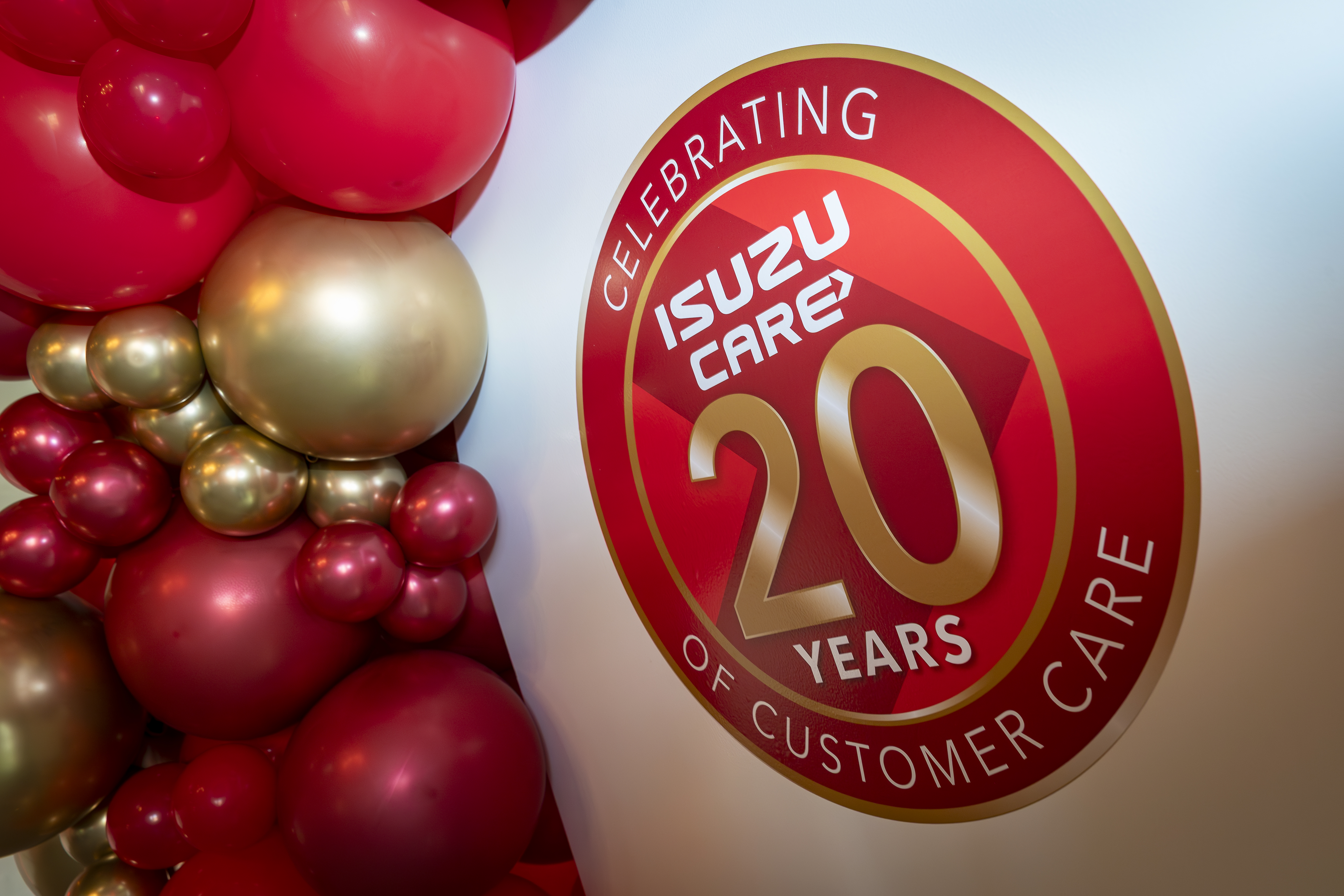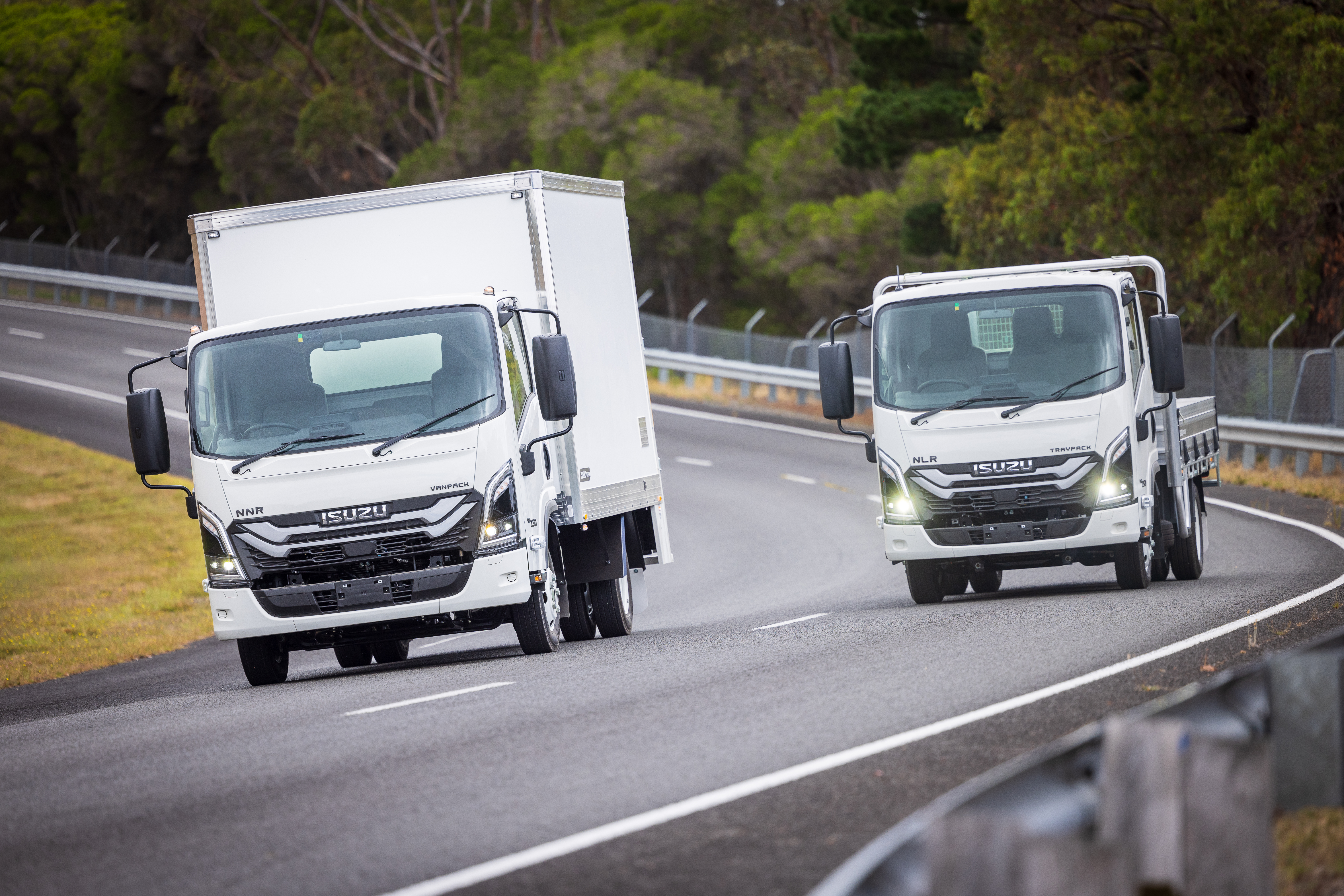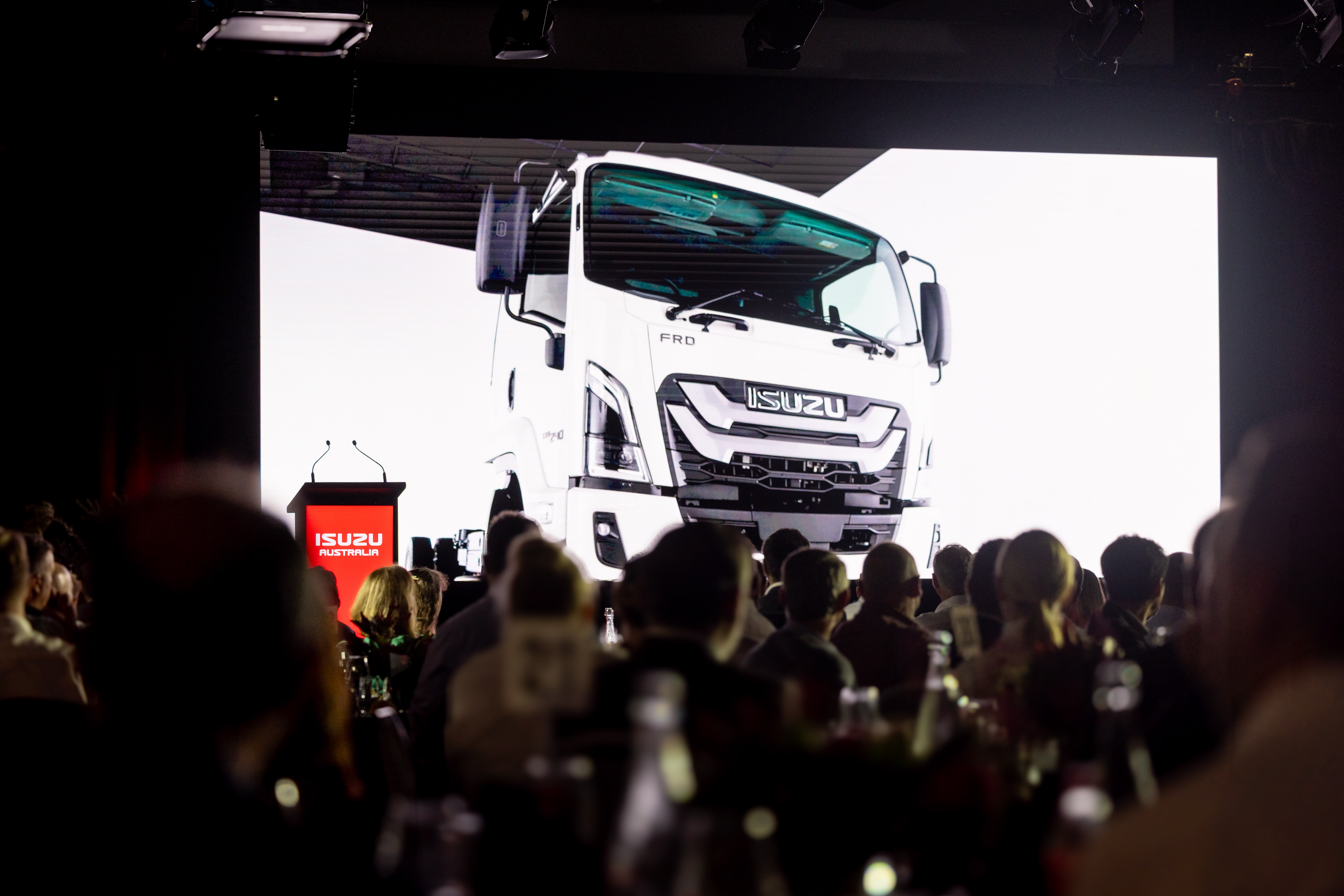Future of Trucking - Total Cost Of Ownership

With the effects of COVID-19 dampening positivity about their future prospects, Australian fleets face a range of significant challenges in 2020 and beyond. High on the list is business profitability. An increasingly competitive market environment in combination with the global pandemic and increasing operational costs, is working to drive down margins.
Looking at these issues in more detail, the cost of fuel consistently emerges as the most significant factor impacting fleet operating costs. Recognising this, operators are likely to explore alternatives such as bulk fuel but should also see value in upgrading to more economical, fuel-efficient trucks.
Alongside the cost of fuel, 64 per cent of fleets believe lifetime costs are more important to consider than upfront purchase costs. This includes a range of other fleet operating and ‘lifetime’ costs (e.g. servicing and maintenance). With the Australian truck parc significantly older than many other markets, these costs are likely to have a more significant impact than we might see overseas.
This is particularly the case for smaller or mid-sized fleets with less capital available to invest in new equipment. In addition to this, larger fleets are resourced to measure and monitor loss through inefficient allocation of assets. This can present itself in multiple ways, from the opportunity cost of missing out on work when suitable vehicles are unavailable, to trucks facing downtime due to harsh driving on unsuitable terrain.
Reflecting the issues raised around the rising cost base, we see fleets placing a greater emphasis on the total cost of ownership (TCO) in their vehicle planning and purchasing decisions. This more complete view, encompassing the purchase, maintenance and operational costs of the vehicle can help them understand the ongoing ownership costs of the vehicles being considered.
Reflecting the issues raised around the rising cost base, we see fleets placing a greater emphasis on the total cost of ownership (TCO) in their vehicle planning and purchasing decisions. This more complete view, encompassing the purchase, maintenance and operational costs of the vehicle can help them understand the ongoing ownership costs of the vehicles being considered.
Total cost of ownership is a key metric for any savvy road transport fleet or truck operator.
The myriad of business inputs and their bearing on overall profitability is a task that requires close attention, vigilance, the desire to continue learning and a hunger to find new, better ways of doing things. In road transport, the demand for even better fuel economy is unrelenting. For OEMs, this in part drives the development of more advanced engines, alternative fuel powertrains and new approaches to age old dilemmas. Yet fuel represents only one business input for road transport.
Equipment performance, trip times, and driveability also contribute significantly to the final equation and determination of profitability. The human element, the driver cost, is in many cases the biggest operating input for road transport fleets. And so, efficiency and effectiveness in overall performance of a given piece of equipment rises to the top of the list of priorities. Skilled drivers have respect for and treat equipment in the manner that allows it to perform at peak efficiency.
Driver skill and training is a huge factor in achieving better fuel economy and equipment performance across a fleet. The distinction between a good and bad driver behind the wheel of the same truck model, driving the same route in the same conditions can be as much as a 30 per cent difference in fuel usage. Complementing this is how productive the piece of capital equipment is.
Incremental improvements in trip times and load capacity through smart engineering and specification can go a long way to combatting pressure from declining operating margins. The same clinical consideration of other elements that deliver equipment performance for a fleet sees uptime play a critical role.
For a road transport fleet, time-off the road must be kept to a minimum. Therefore, an OEM must deliver performance, reliability, durability and, efficiency both from fuel usage and ongoing service and maintenance costs points of view. Finally, all this must be delivered, whilst adding value to the operator’s business and ensuring that the right tool is specified for the job. Well specified vehicles mean well-managed compliance, reduced time and energy for the operator during procurement and ultimately dollar savings from an efficiently performing piece of equipment.
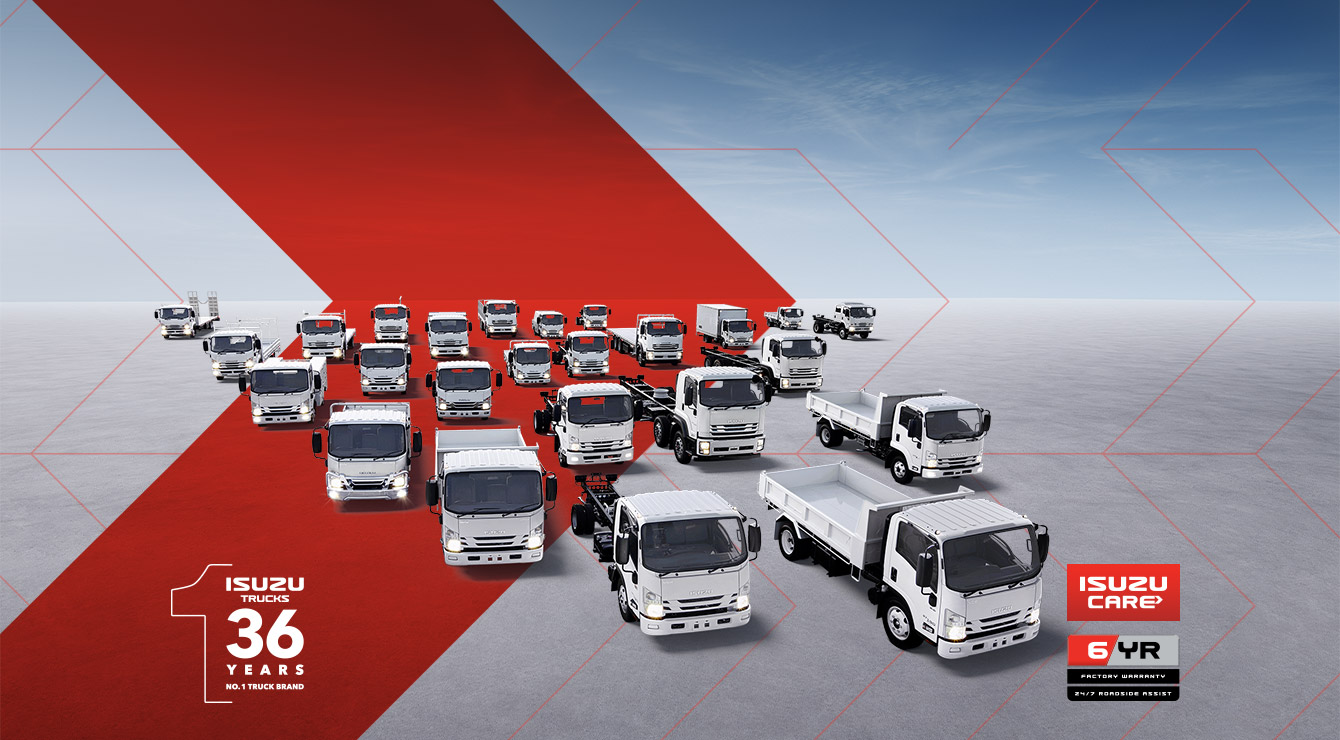
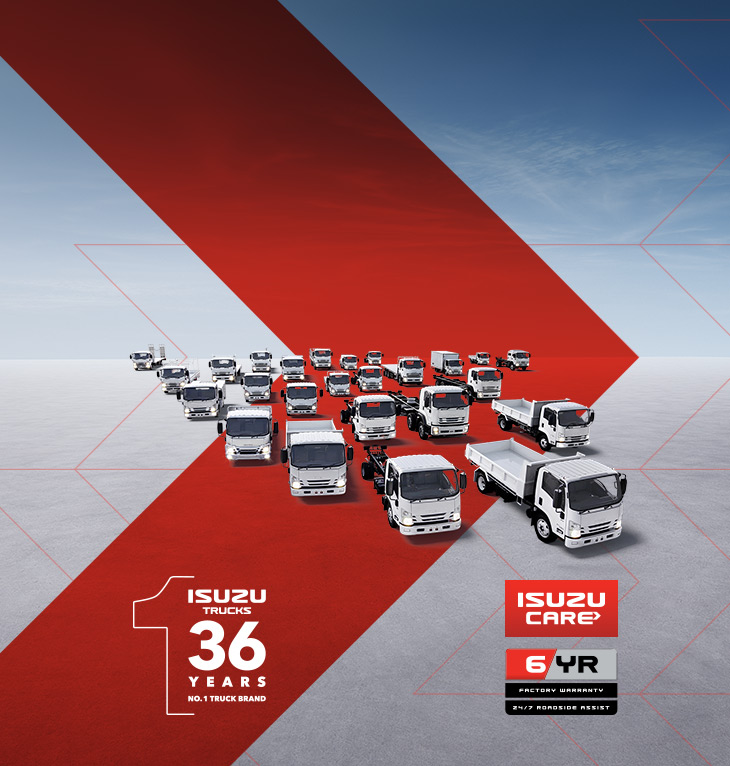
Lead the charge with Australia’s favourite truck.
2025 heralds Isuzu Trucks’ 36th year as market leader.* Number one in more than just sales, though, Isuzu Trucks has an unparalleled dealer support network, customer care program, truck range, and legendary reliability. To get behind the wheel of a winner, get into your nearest Isuzu Trucks Dealer now or visit isuzu.com.au
Learn More
